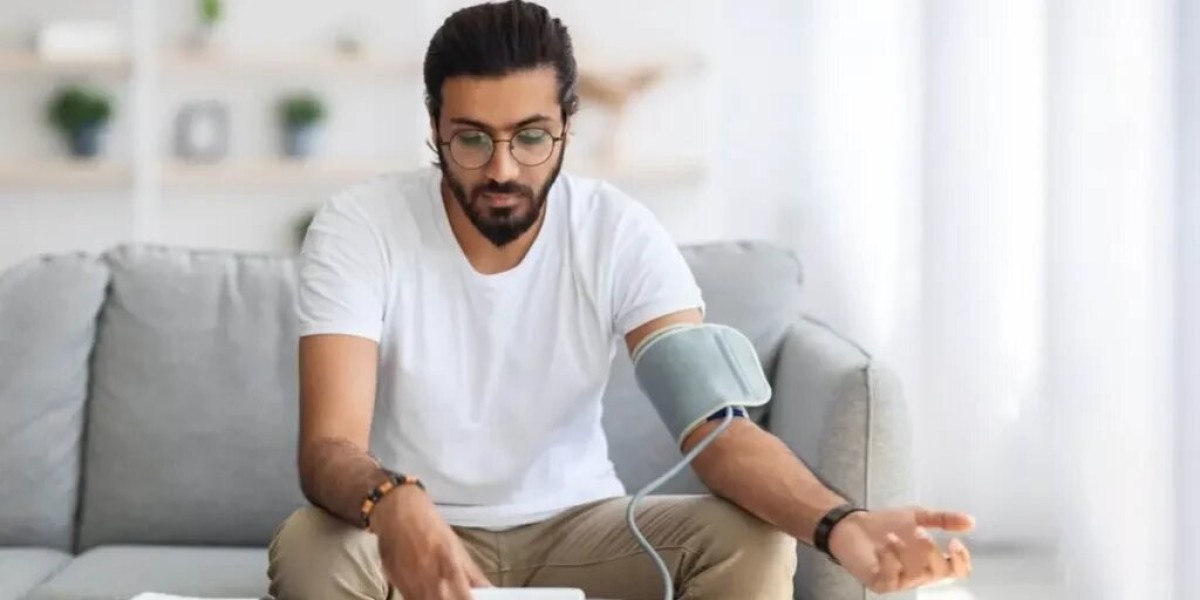Hypertension, or high blood pressure, is often referred to as a "silent killer" because it doesn’t always present noticeable symptoms until it’s too late. However, the damage it can cause to the body, particularly the eyes, is significant. Hypertensive retinopathy is one of the most concerning complications, as it can lead to severe vision loss if left unchecked. Understanding how hypertension affects your eyes, recognizing the symptoms, and knowing the treatment options are vital to preserving your vision. This article will guide you through the key aspects of protecting your eyes from hypertension, focusing on hypertensive retinopathy treatment and prevention strategies.
What is Hypertensive Retinopathy?
Hypertensive retinopathy refers to damage caused to the blood vessels in the retina due to high blood pressure. The retina, located at the back of the eye, is essential for vision as it converts light into electrical signals that are transmitted to the brain. When blood pressure is elevated over a long period, it can cause the blood vessels in the retina to constrict, rupture, or leak, leading to blurred vision, eye bleeding, and even permanent vision loss. Early detection and proper management of hypertension are crucial to prevent these severe consequences.
How Hypertension Impacts the Retina
The retina is extremely sensitive to blood pressure changes. When the pressure in the blood vessels increases, it can lead to several complications. Initially, the blood vessels in the retina may narrow, reducing the flow of blood to the eye. Over time, the increased pressure can cause the walls of these vessels to thicken, resulting in a reduction of oxygen and nutrients reaching the retinal tissues. This leads to inflammation and damage to the retinal cells. In the most severe cases, hypertensive retinopathy can cause vision loss or even blindness.
Recognizing the Symptoms of Hypertensive Retinopathy
The symptoms of hypertensive retinopathy are often subtle and can develop gradually, making it difficult for patients to notice the damage until it has progressed significantly. Some common signs include:
Blurry or fluctuating vision
Seeing spots or floaters in the field of vision
Sudden loss of vision or partial blindness
Pain or discomfort in the eyes
If you are experiencing any of these symptoms and have high blood pressure, it’s essential to consult with an eye specialist as soon as possible. Early intervention can significantly reduce the risk of severe vision damage.
Hypertensive Retinopathy Treatment Options
The key to managing hypertensive retinopathy lies in controlling the underlying hypertension and taking steps to protect your retina. Depending on the severity of the condition, different treatment options may be available.
1. Managing High Blood Pressure
The most effective way to prevent and treat hypertensive retinopathy is by managing your blood pressure. Keeping your blood pressure under control can prevent further damage to the retina and preserve your vision. Medications, lifestyle changes, and regular monitoring are essential components of blood pressure management. Your doctor may prescribe medications such as diuretics, beta-blockers, or ACE inhibitors to help lower your blood pressure. Alongside medication, lifestyle changes like reducing salt intake, exercising regularly, and managing stress can also significantly improve your blood pressure levels.
2. Laser Treatment
In cases of advanced hypertensive retinopathy, laser treatment may be recommended to address blood vessel leakage or retinal swelling. This procedure uses laser beams to target and seal off leaking blood vessels or reduce swelling in the retina. It is typically done in a controlled and safe manner by an eye specialist to prevent further damage and preserve vision.
3. Vitrectomy Surgery
For patients with severe damage to the retina or persistent bleeding in the eye, a vitrectomy may be necessary. This surgery involves removing the vitreous gel from the eye and may be used to treat complications such as retinal detachment or bleeding. While a vitrectomy can help preserve vision in advanced cases, it is usually reserved for patients with significant damage or who have not responded to other treatments.
4. Anti-VEGF Injections
In some cases, anti-VEGF (vascular endothelial growth factor) injections may be used to reduce swelling and prevent further blood vessel leakage. These injections target specific proteins that contribute to abnormal blood vessel growth and leakage in the retina. Anti-VEGF therapy can help improve vision and reduce the risk of further retinal damage.
Preventing Hypertensive Retinopathy: Steps You Can Take
While treatment is essential for managing hypertensive retinopathy, prevention is the best approach. Here are some steps you can take to protect your eyes from the effects of hypertension:
1. Regular Eye Exams
Regular eye exams are critical for detecting hypertensive retinopathy early. Even if you don’t experience any noticeable symptoms, an eye exam can identify early signs of retinal damage. If you have high blood pressure, make sure to visit your eye specialist for routine eye check-ups. This allows for early detection and prompt treatment, which is essential for preserving vision.
2. Monitor Your Blood Pressure
Keeping track of your blood pressure at home can help you stay informed about your health and take action if it becomes elevated. Using a home blood pressure monitor can give you insights into your condition and help you make lifestyle changes or seek medical intervention when necessary.
3. Maintain a Healthy Diet
A balanced diet rich in fruits, vegetables, whole grains, and lean proteins can help lower your blood pressure and promote overall eye health. Foods high in potassium, such as bananas and spinach, can help balance sodium levels and reduce the effects of high blood pressure on your eyes.
4. Exercise Regularly
Regular physical activity can help reduce blood pressure and improve blood flow throughout the body, including to the eyes. Aim for at least 30 minutes of moderate exercise most days of the week. Activities like walking, swimming, or cycling can have a positive impact on your cardiovascular health and vision.
Conclusion:
Hypertensive retinopathy is a serious condition that can cause permanent vision loss if left untreated. However, with the right steps, it is possible to prevent damage to your retina and protect your eyesight. By managing hypertension through medication, regular eye exams, and a healthy lifestyle, you can significantly reduce the risk of hypertensive retinopathy. If you have high blood pressure, it’s important to work closely with your doctor and an eye specialist to ensure that your vision is protected.
Maxi Vision Eye Hospital offers comprehensive care for hypertensive retinopathy treatment, providing advanced diagnostic tools and specialized treatments to help patients preserve their vision. With a dedicated team of eye care professionals, Maxi Vision ensures that every patient receives the personalized care they deserve.









